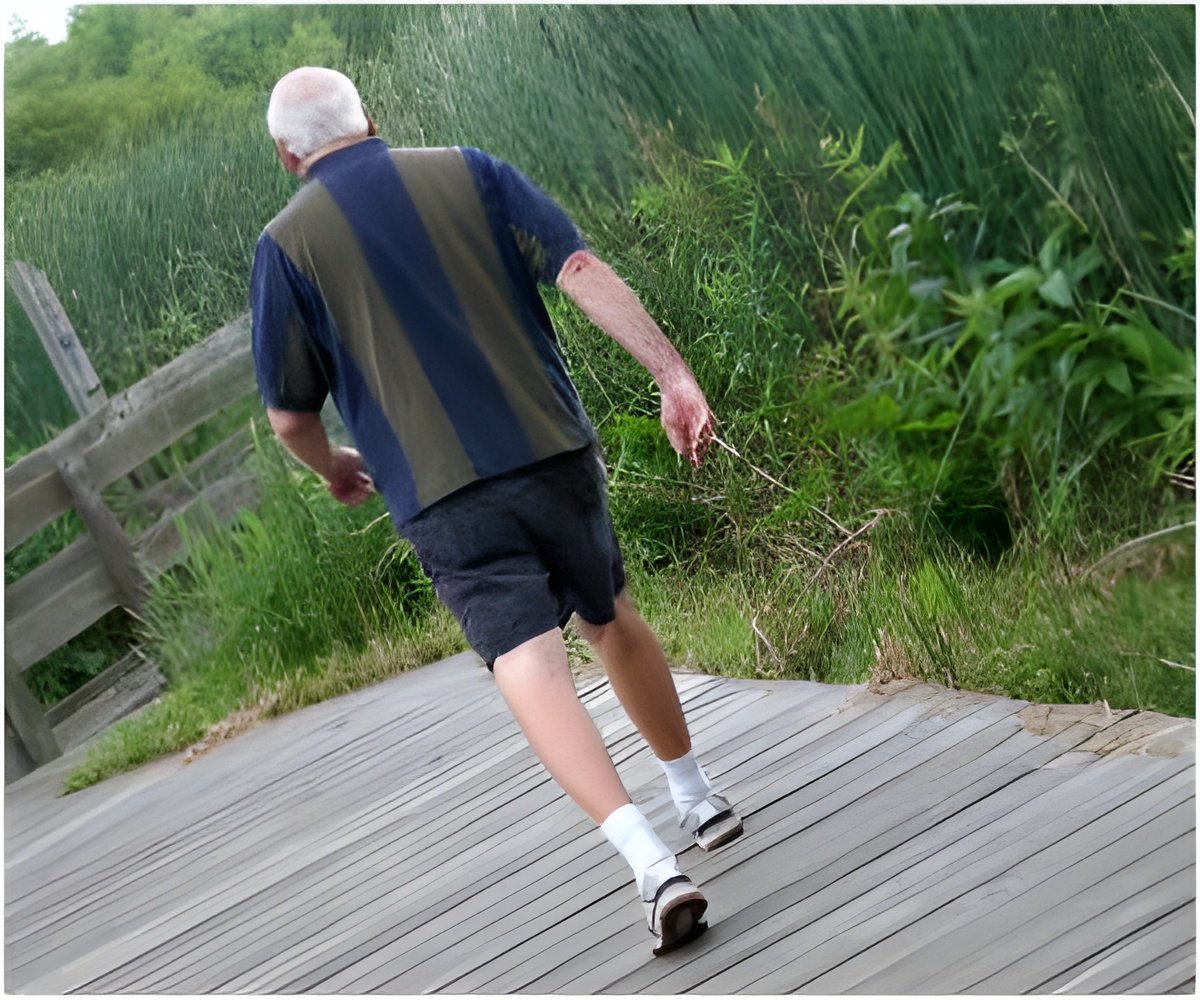The effects of physical activity extend to long-term memory - thhat is negatively impacted by aging and neurodegenerative dementias such as Alzheimer's disease.

TOP INSIGHT
Older adults who take more steps either by walking or jogging perform better on memory tasks than those who are more sedentary. These positive effects of physical activity extend to long-term memory that is negatively impacted by aging and neurodegenerative dementias.
The researchers found that older adults who took more steps per day had better memory performance. The association between the number of steps taken was strongest with a task that required recalling which name went with a person's face - the same type of everyday task that older adults often have difficulty with. In young adults, the number of steps taken was not associated with memory performance.
According to the researchers these findings demonstrate that the effects of physical activity extend to long-term memory - the same type of memory that is negatively impacted by aging and neurodegenerative dementias such as Alzheimer's disease. Corresponding author Scott Hayes, assistant professor of psychiatry at Boston University School of Medicine and the Associate Director of the Neuroimaging Research for Veterans Center at the VA Boston Healthcare System, said, "Our findings that physical activity is positively associated with memory is appealing for a variety of reasons. Everyone knows that physical activity is a critical component to ward off obesity and cardiovascular-related disease. Knowing that a lack of physical activity may negatively impact one's memory abilities will be an additional piece of information to motivate folks to stay more active."
The authors point out that staying physically active can take a variety of forms from formal exercise programs to small changes, such as walking or taking the stairs. Hayes further added, "More research is needed to explore the specific mechanisms of how physical activity may positively impact brain structure and function as well as to clarify the impact of specific exercise programs (e.g., strength, aerobic, or combined training) or dose of exercise (frequency, intensity, duration) on a range of cognitive functions."
The researchers emphasize that the objective measurement of physical activity was a key component of the current study, as the majority of studies to date have used self-report questionnaires, which can be impacted by memory failures or biases.
 MEDINDIA
MEDINDIA




 Email
Email










